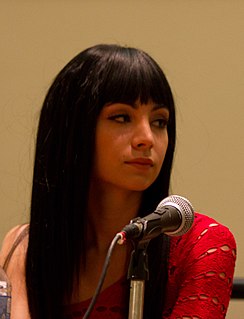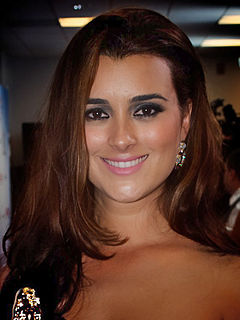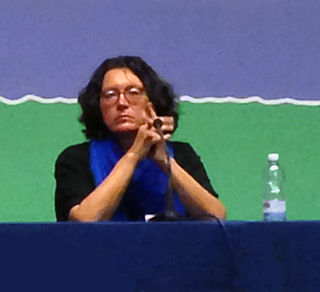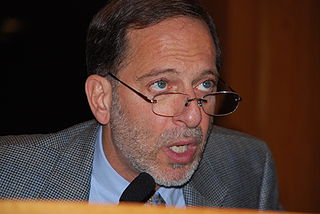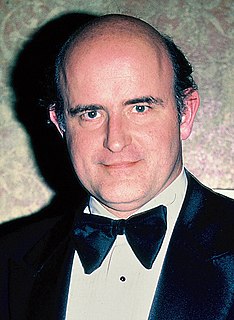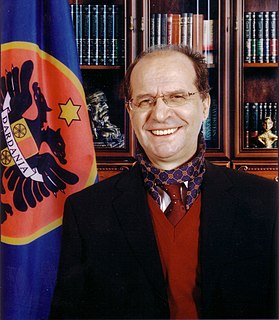A Quote by Ksenia Solo
I was born in Eastern Europe, in Latvia, and I'm fluent in Russian.
Related Quotes
Vladimir Putin is a Russian czar. He's kind of a mix of Peter the Great and Stalin. He's got both in his veins. And he looks out first and foremost for the national security interests of Russia. He accepts that, in Eastern Europe, that is a Russian backyard, that is a Russian sphere of influence. Ukraine lives most uncomfortably and unhappily in a Russian backyard.
I don't want to predict calamity. But I am afraid of a new Russian occupation of parts of Eastern Europe. Also of a new Russian campaign to exert influence in Germany or other parts Europe, aimed at making continental politics less democratic. I am afraid of a US trade war and even a shooting war with China.
For people familiar with Eastern Europe, Marci Shore's 'The Taste of Ashes' is, in spite of its subject matter, delicious. A professor at Yale with much experience in Eastern Europe, she writes with great sureness of touch, weaving personal recollections with intellectual commentary and ideas with emotions, including her own.
President Bush Sr. and Secretary Baker, way back when, told Gorbachev, "We are not going to advance NATO into Eastern Europe. We're not going to - we're not going to advance NATO into East Germany, if you allow the unification of Germany." Where is that pledge? Where is the logic behind a military alliance, devised in the time of communism, before the Berlin Wall fell, now being in the Ukraine, in Poland, in Estonia, in Latvia and Lithuania? I don't understand.
Once the Eastern Bloc collapsed, what I call 'historical spontaneity' prevailed and the countries that were subject to Soviet control naturally gravitated to the West. That's where they sought their security; I don't think there was a way to avoid that. If we tried to exclude them, we would have today not one Europe, we would have three Europes: one in the West, one in the middle and one in the East, and the middle would be insecure and a tempting target. The insecurity felt [today] by Eastern Europe would be replicated on a much larger and more consequential scale.
